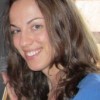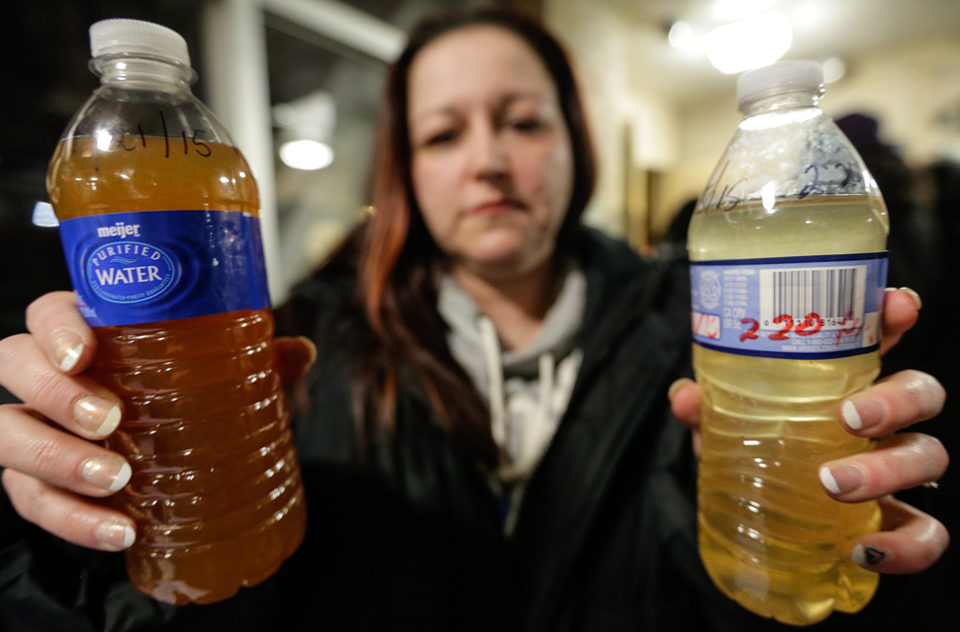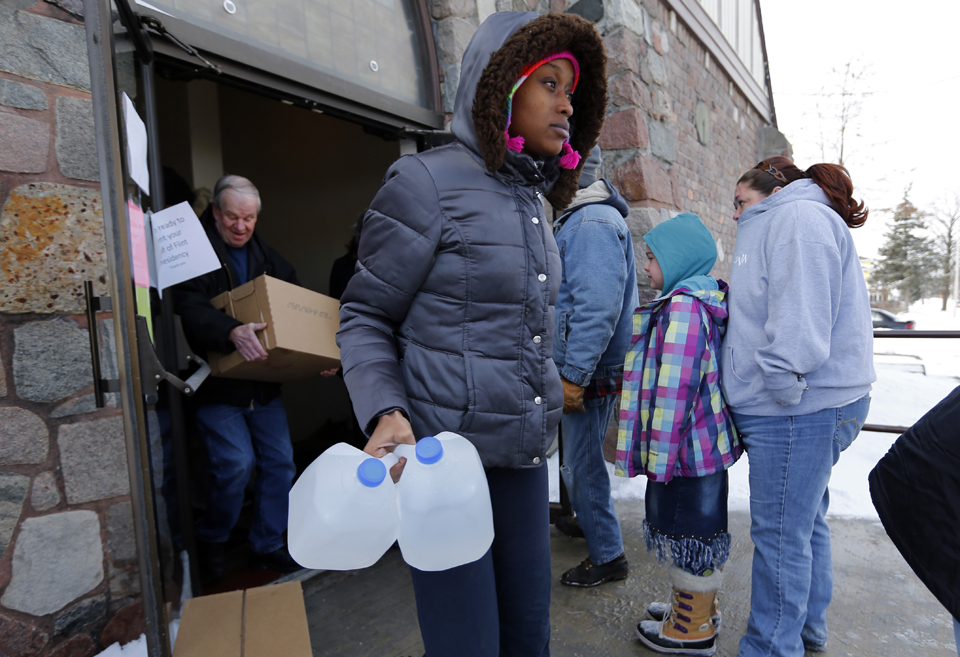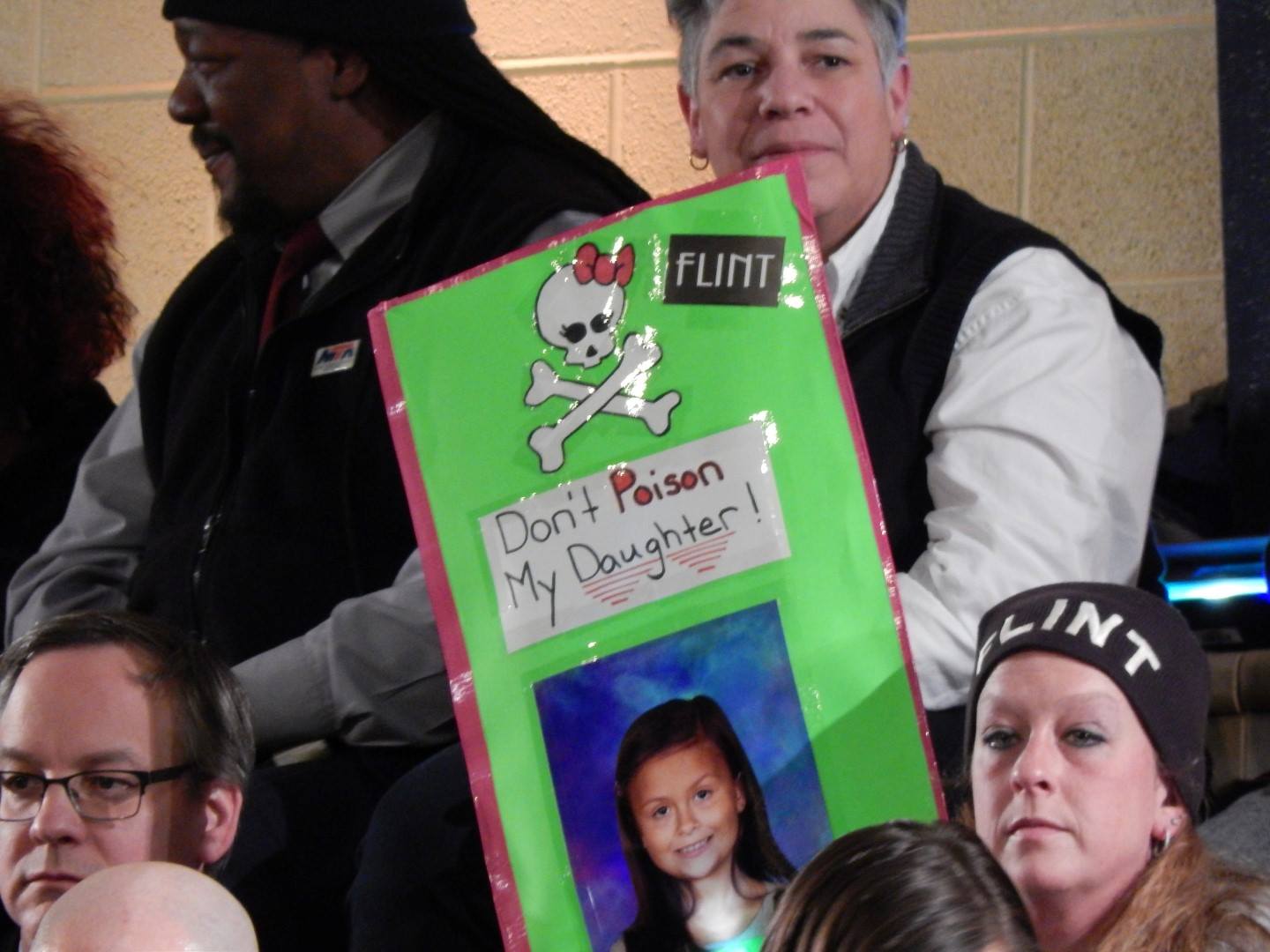 Kate Joyce (5 Posts)
Kate Joyce (5 Posts)Contributing Writer and Outreach Coordinator Emeritus
Northeast Ohio Medical University-Cleveland State University
Kate is an M1 at NEOMED in Rootstown, Ohio and part of the CSU/NEOMED partnership. She is excited to have the opportunity to marry two of her passions--writing and health --with the team at in-Training. Prior to entering medical school, Kate had the opportunity to earn an MPH and work for several years with Children’s HealthWatch, a fantastic group that researches impacts of public policies on low-income families in pediatric primary care centers and emergency departments.
Between classes, she works as an EMT or on freelance film projects, practices amateur photography and gets lost in nature. She is particularly interested in physician advocacy, the role of narrative media in public health, urban community violence, nutrition, international health, early childhood education and ending cycles of poverty.
This is the first installation of a three-part series entitled “Ten Lessons from Flint” in which I speak with Professor Marc Edwards of Virginia Tech, pediatrician Dr. Mona Hanna-Attisha of Hurley Children’s Hospital, and Michigan State University and interim Dean Dr. Aron Sousa of Michigan State University.
Researchers like Professor Marc Edwards and Dr. Mona Hanna-Attisha were not the first people to speak up about the water crisis in Flint. In June of 2015, regional EPA employee Miguel A Del Toral, Regulations Manager of the Ground Water and Drinking Water Branch, issued an internal memorandum entitle “High Lead Levels in Flint, Michigan – Interim Report.” This document described the lack of corrosion control protocol and high lead levels. It was released to officials within the Environmental Protection Agency (EPA), Professor Edwards and Flint resident Lee Ann Walters, whose home water contained extremely high lead levels, as confirmed by city officials.
Exposing contaminated and corrosive water in Flint was necessary and life-saving, and the story garnered significant national attention. Yet not every situation calls for advocacy in such a public way. Advocacy for individual patients and patient safety is also crucial. Whether you’re advocating for an individual patient in a hospital or the public on the national stage, becoming an effective advocate requires practice and training. With the right training and understanding of the advocate’s tool kit, we can advocate for positive changes on behalf of individual patients and the public.
I consider myself a woman of science. I believe that a human exists as a collection of cells. I believe that the depth of our emotions runs only as deep as our cisterns of neurotransmitters. I believe that birth and death are neither miracles nor tragedies, but parts of the natural circle of life.
Perhaps you watched the Oscars last month. Maybe you rooted for the technically stunning “Gravity,” or the raw, true-to-life “Twelve Years a Slave,” or since we’re science-inclined medical nerds, “Dallas Buyer’s Club,” the film based (loosely) on an HIV-positive patient’s real-life plight to medication access during the early years of the AIDS epidemic. I freelance as a production assistant and set medic. One film I worked on was up for Best Picture, so I dutifully watched, …
 Kate Joyce (5 Posts)
Kate Joyce (5 Posts)Contributing Writer and Outreach Coordinator Emeritus
Northeast Ohio Medical University-Cleveland State University
Kate is an M1 at NEOMED in Rootstown, Ohio and part of the CSU/NEOMED partnership. She is excited to have the opportunity to marry two of her passions--writing and health --with the team at in-Training. Prior to entering medical school, Kate had the opportunity to earn an MPH and work for several years with Children’s HealthWatch, a fantastic group that researches impacts of public policies on low-income families in pediatric primary care centers and emergency departments.
Between classes, she works as an EMT or on freelance film projects, practices amateur photography and gets lost in nature. She is particularly interested in physician advocacy, the role of narrative media in public health, urban community violence, nutrition, international health, early childhood education and ending cycles of poverty.



